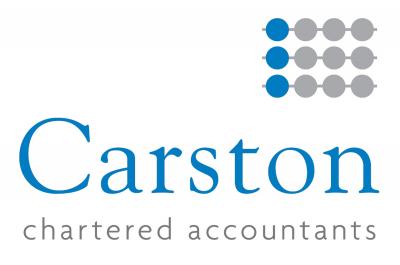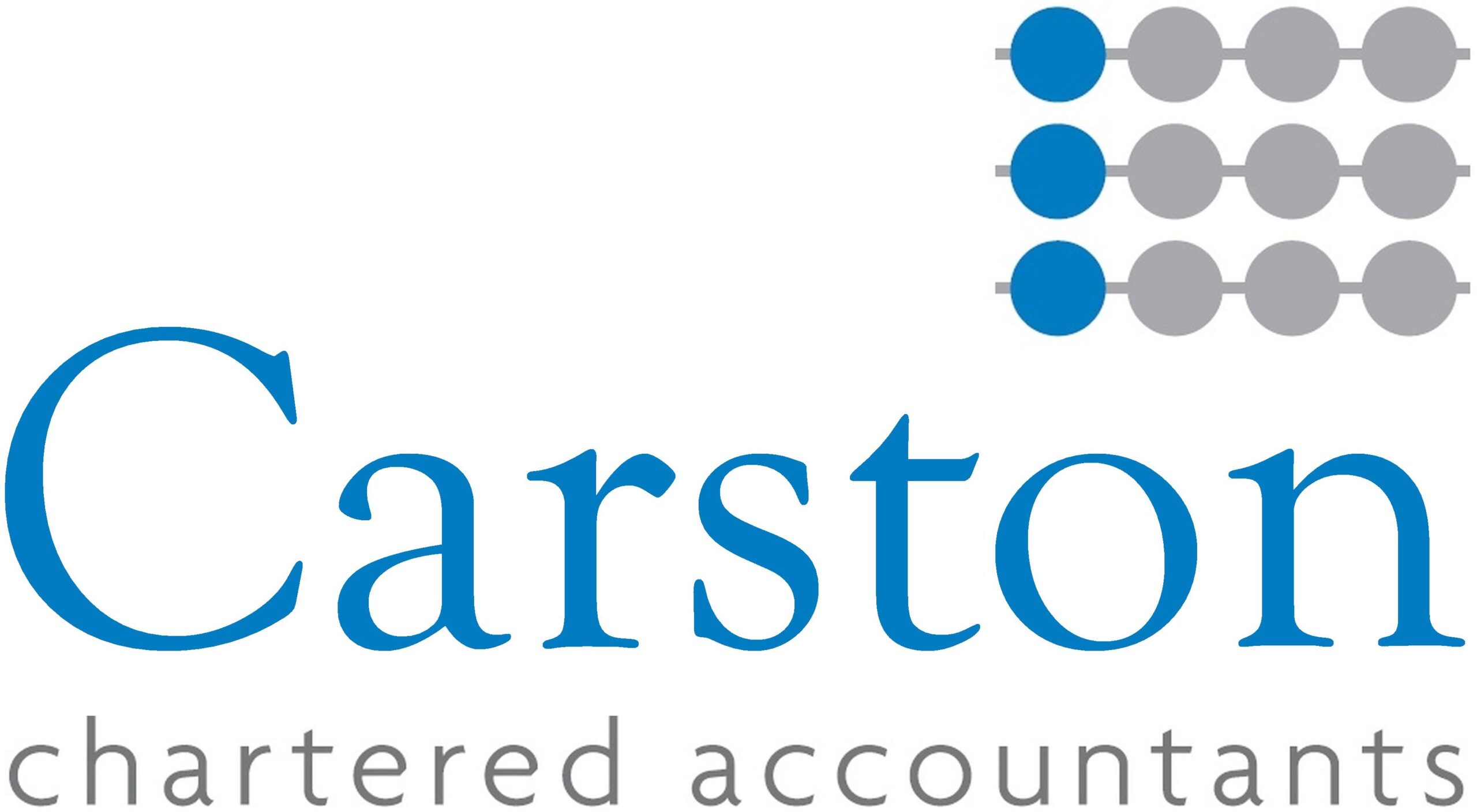As an employer, there are ways you can look to save money on your benefits-in-kind (BIK) while also taking active steps to reduce your carbon footprint.
And, with the BIK deadline cropping up in July, now’s the time to get to know the best way to account for them.
The team at Carston is here to explain the rules of BIK and why switching to electric vehicles may be better for your business.
Going green
When you provide company cars for your staff you are taxed on two main things – the list price of the vehicle and the CO2 emissions from said vehicle. This is where BIK comes into play.
The benefit (in this case the car) will be taxable for both yourself as an employer and the employee.
To make the most out of your BIK, you can take advantage of the lower taxation of more eco-friendly cars. HMRC has been raising the BIK tax rates of petrol and diesel vehicles, while lowering the BIK for electric and fuel-efficient vehicles.
And, as of 6 April 2020, HMRC now calculates the company car taxable benefit based on the electric range of the vehicle and considers the level of CO2 emissions from the car.
Over this tax year 2021/22, the BIK rate is 1% – but will increase to 2% in 2022/23 for cars capable of running more than 130 miles on battery power, and with CO2 emissions of less than 50 g per km.
Preferential BIK rates will be in place until at least 2025, making hybrid and battery electric vehicles a more affordable option for your company.
You can calculate the estimated tax on your benefits-in-kind vehicles via the Government website here.
Effects on your business
There are a number of benefits to providing company cars to your employees.
The first of which is the lowering of both your and your employees’ National Insurance contributions (NICs) as BIK vehicles are provided by salary sacrifice. The diversion of their salary towards the cost of the car will also reduce their income tax liabilities.
You’ll also save money if you purchase brand new electric vehicles with zero emissions, as this makes you eligible for claiming 100% first-year allowance on the vehicles. The tax relief alone makes it worthwhile investing in a greener way for your employees to travel.
Further down the line, if you wanted to be in control of a fleet of vehicles, you could buy them and take care of the upkeep yourself.
If you’re looking at company vans, bear in mind that the way they’re taxed is slightly different. Vans are subject to a van benefit charge at a flat rate of £3,500 during tax years 2021/22 and 2022/23, however the rate for fully electric vans is zero.
Get in touch
There are more reasons you should consider adopting a more eco-friendly approach to your BIK. As well as helping lessen the impact on the environment, you could also save yourself a fair amount of money along the way.
If you have any more questions about your BIK rates and how you can lower them, our team is waiting to hear from you.

